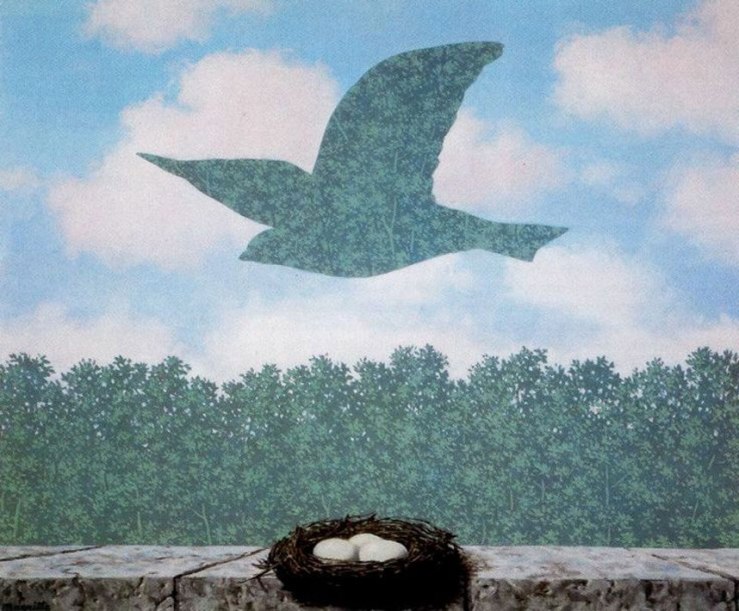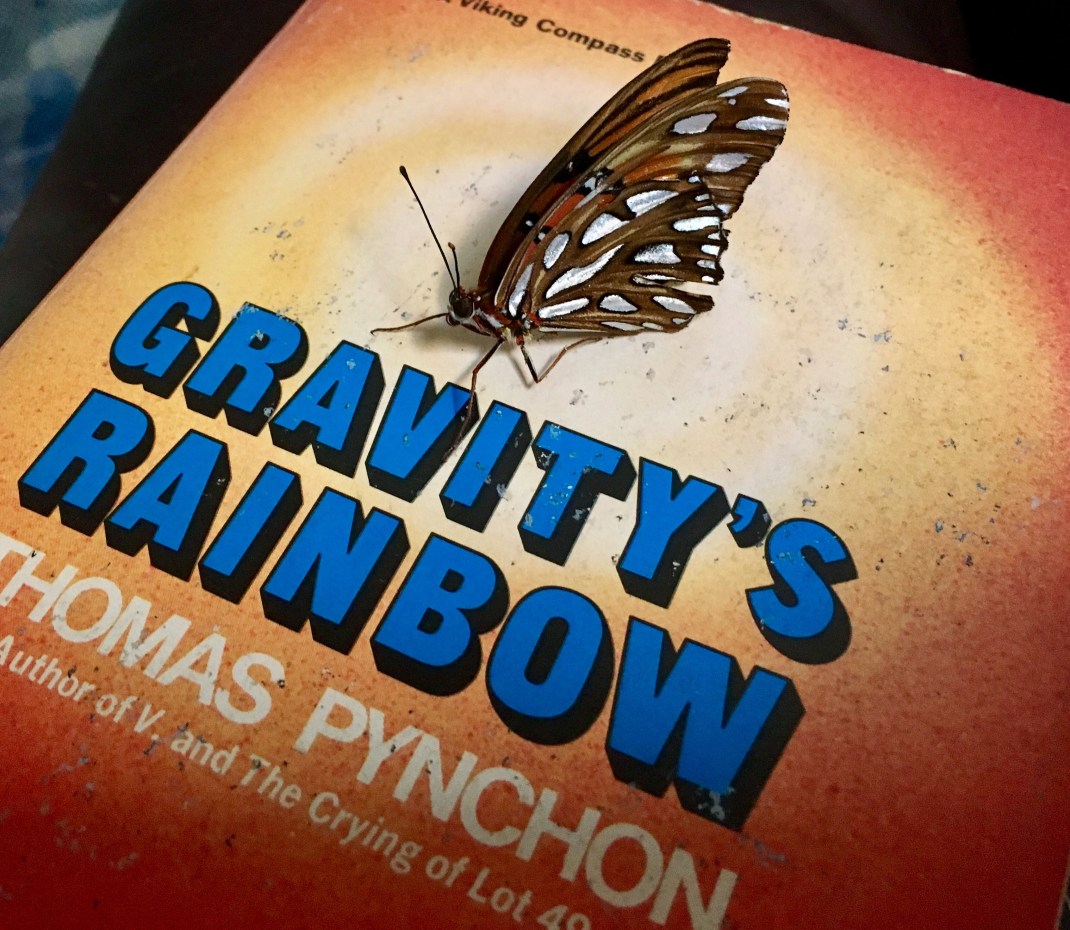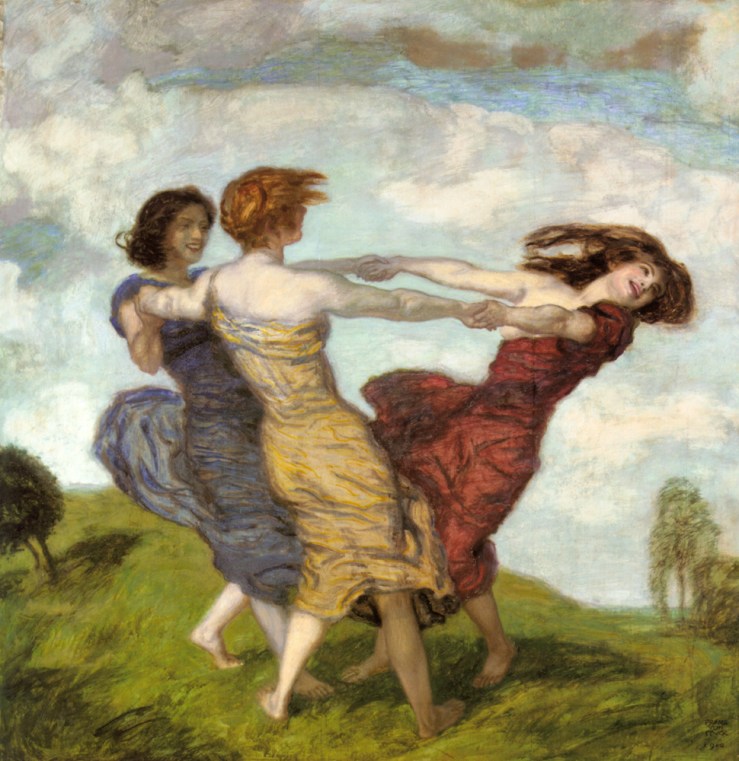“The Gardener and the Guinea”
by
G.K. Chesterton
Strictly speaking, there is no such thing as an English Peasant. Indeed, the type can only exist in community, so much does it depend on cooperation and common laws. One must not think primarily of a French Peasant; any more than of a German Measle. The plural of the word is its proper form; you cannot have a Peasant till you have a peasantry. The essence of the Peasant ideal is equality; and you cannot be equal all by yourself.
Nevertheless, because human nature always craves and half creates the things necessary to its happiness, there are approximations and suggestions of the possibility of such a race even here. The nearest approach I know to the temper of a Peasant in England is that of the country gardener; not, of course, the great scientific gardener attached to the great houses; he is a rich man’s servant like any other. I mean the small jobbing gardener who works for two or three moderate-sized gardens; who works on his own; who sometimes even owns his house; and who frequently owns his tools. This kind of man has really some of the characteristics of the true Peasant—especially the characteristics that people don’t like. He has none of that irresponsible mirth which is the consolation of most poor men in England. The gardener is even disliked sometimes by the owners of the shrubs and flowers; because (like Micaiah) he prophesies not good concerning them, but evil. The English gardener is grim, critical, self-respecting; sometimes even economical. Nor is this (as the reader’s lightning wit will flash back at me) merely because the English gardener is always a Scotch gardener. The type does exist in pure South England blood and speech; I have spoken to the type. I was speaking to the type only the other evening, when a rather odd little incident occurred.
It was one of those wonderful evenings in which the sky was warm and radiant while the earth was still comparatively cold and wet. But it is of the essence of Spring to be unexpected; as in that heroic and hackneyed line about coming “before the swallow dares.” Spring never is Spring unless it comes too soon. And on a day like that one might pray, without any profanity, that Spring might come on earth as it was in heaven. The gardener was gardening. I was not gardening. It is needless to explain the causes of this difference; it would be to tell the tremendous history of two souls. It is needless because there is a more immediate explanation of the case: the gardener and I, if not equal in agreement, were at least equal in difference. It is quite certain that he would not have allowed me to touch the garden if I had gone down on my knees to him. And it is by no means certain that I should have consented to touch the garden if he had gone down on his knees to me. His activity and my idleness, therefore, went on steadily side by side through the long sunset hours.
And all the time I was thinking what a shame it was that he was not sticking his spade into his own garden, instead of mine: he knew about the earth and the underworld of seeds, the resurrection of Spring and the flowers that appear in order like a procession marshalled by a herald. He possessed the garden intellectually and spiritually, while I only possessed it politically. I know more about flowers than coal-owners know about coal; for at least I pay them honour when they are brought above the surface of the earth. I know more about gardens than railway shareholders seem to know about railways: for at least I know that it needs a man to make a garden; a man whose name is Adam. But as I walked on that grass my ignorance overwhelmed me—and yet that phrase is false, because it suggests something like a storm from the sky above. It is truer to say that my ignorance exploded underneath me, like a mine dug long before; and indeed it was dug before the beginning of the ages. Green bombs of bulbs and seeds were bursting underneath me everywhere; and, so far as my knowledge went, they had been laid by a conspirator. I trod quite uneasily on this uprush of the earth; the Spring is always only a fruitful earthquake. With the land all alive under me I began to wonder more and more why this man, who had made the garden, did not own the garden. If I stuck a spade into the ground, I should be astonished at what I found there…and just as I thought this I saw that the gardener was astonished too.
Just as I was wondering why the man who used the spade did not profit by the spade, he brought me something he had found actually in my soil. It was a thin worn gold piece of the Georges, of the sort which are called, I believe, Spade Guineas. Anyhow, a piece of gold.
If you do not see the parable as I saw it just then, I doubt if I can explain it just now. He could make a hundred other round yellow fruits: and this flat yellow one is the only sort that I can make. How it came there I have not a notion—unless Edmund Burke dropped it in his hurry to get back to Butler’s Court. But there it was: this is a cold recital of facts. There may be a whole pirate’s treasure lying under the earth there, for all I know or care; for there is no interest in a treasure without a Treasure Island to sail to. If there is a treasure it will never be found, for I am not interested in wealth beyond the dreams of avarice since I know that avarice has no dreams, but only insomnia. And, for the other party, my gardener would never consent to dig up the garden.
Nevertheless, I was overwhelmed with intellectual emotions when I saw that answer to my question; the question of why the garden did not belong to the gardener. No better epigram could be put in reply than simply putting the Spade Guinea beside the Spade. This was the only underground seed that I could understand. Only by having a little more of that dull, battered yellow substance could I manage to be idle while he was active. I am not altogether idle myself; but the fact remains that the power is in the thin slip of metal we call the Spade Guinea, not in the strong square and curve of metal which we call the Spade. And then I suddenly remembered that as I had found gold on my ground by accident, so richer men in the north and west counties had found coal in their ground, also by accident.
I told the gardener that as he had found the thing he ought to keep it, but that if he cared to sell it to me it could be valued properly, and then sold. He said at first, with characteristic independence, that he would like to keep it. He said it would make a brooch for his wife. But a little later he brought it back to me without explanation. I could not get a ray of light on the reason of his refusal; but he looked lowering and unhappy. Had he some mystical instinct that it is just such accidental and irrational wealth that is the doom of all peasantries? Perhaps he dimly felt that the boy’s pirate tales are true; and that buried treasure is a thing for robbers and not for producers. Perhaps he thought there was a curse on such capital: on the coal of the coal-owners, on the gold of the gold-seekers. Perhaps there is.








